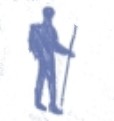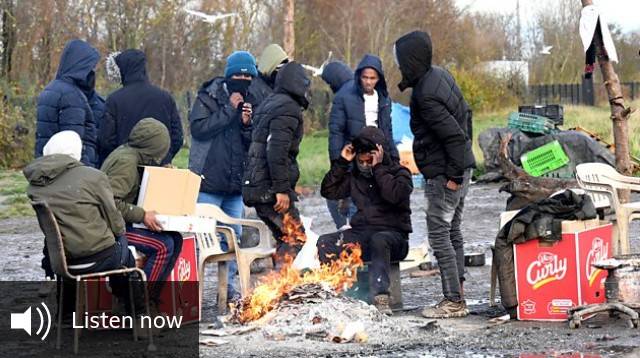For BBC Radio 4: From Our Own Correspondent
February 2022
I had finished my second glass of tea, sitting outside a cafe on a dusty road in Dereköy, a small Turkish village seven miles from the Bulgarian border. My host, a young man whose name I never knew, went to order me a third – to drink fewer than three glasses of tea, I had already learned, was to risk seeming rude or ungrateful. The third glass came, strong and sweet, and my teaspoon tinkled as it stirred. When I tried to thank my new friend, he brushed my attempts aside.
‘You don’t need to say thank you,’ he said. ‘Even if you are in our village for only half an hour, you are our guest – it is our duty to look after you. For us it is a great honour you are here. The way we see it, you have walked all this way just to meet us.’
And, in a way, I had – though I did not know it at the time. With my rucksack and my matted beard, I was just ten days from finishing an almost eight-month walk from the Hook of Holland to Istanbul – through the Netherlands, Germany, Austria, Slovakia, Hungary, Romania, Bulgaria and Turkey. I was following in the footsteps of the travel writer Patrick Leigh Fermor, who made this epic journey in the early 1930s.
My intention had been to see how landscapes and cultures had changed since his time, when much of Central and Eastern Europe was still semi-feudal in character, with peasants working in the fields and aristocrats living in castles. Had war, politics and globalisation swept away the world he had walked through? Were landscapes still recognisable? Were people still generous and kind?
The answer had been, overwhelmingly, yes. Of course in many parts suburbs and highways had appeared where green fields were before, and of course attitudes and cultural norms had shifted. But not once in 2,500 miles had I felt threatened or unwelcome, and often – as here in Dereköy – I had been shown the same effortless hospitality that Leigh Fermor had encountered almost 80 years before.
I had been offered accommodation everywhere from a boarding school on the Great Hungarian Plain to a Romanian Orthodox nunnery, and also the spare room of a Transylvanian psychiatric hospital. In Bulgaria, a chance meeting with a friendly young couple on a park bench had led to a two-day excursion to the mountains for campfires, homemade wine and the music of goatskin bagpipes. The language of my hosts had shifted from ‘When do you have to leave?’ – with the emphasis on the leave – to: ‘How long can you stay?’ The further east and south I had travelled, the warmer the welcomes had become.
It is now ten years since I stood on the quay at the Hook of Holland, with all those miles and unknown encounters stretching ahead of me. Back then, I was setting out to explore the things that had changed in Europe since Leigh Fermor’s time. But Europe has changed once again in the last decade, since I made my trip – partly in ways I might have predicted from conversations I had on that road, and partly in ways that nobody could ever have foreseen. The 2015 refugee crisis saw razor-wire fences erected on borders I had previously crossed without care, and attitudes have hardened towards the very concept of freedom of movement. Since Brexit, British citizens are only permitted to spend up to 90 days in EU countries out of every six-month period. So a British walker setting out on foot for Istanbul today might get, perhaps, as far as Vienna before having to come home – a continuous eight-month walk is simply no longer possible.
And now, of course, the covid pandemic has thrown up another, invisible wall. The notion of wandering from village to village and sleeping in the houses of strangers feels very far away – like a dream of another, more innocent time.
But politics and pandemics aside, have people really changed in that time? I think back to that young Turkish man and those three glasses of tea. When I had drained the last sugary sip and insisted I had to leave, he shook my hand and then touched the palm of his own hand to his heart. This gentle, courteous gesture seemed to reach back hundreds of years and somehow link his life to mine. No matter what changes might still be to come, that connection gives me hope.
‘The way we see it, you have walked all this way just to meet us,’ he said. Looking back now, a decade on, I can say: yes, I did. I still had ten days left to walk, but that meeting was my true destination.
Listen to this on BBC Radio 4’s From Our Own Correspondent. It starts 25:00 minutes in.


